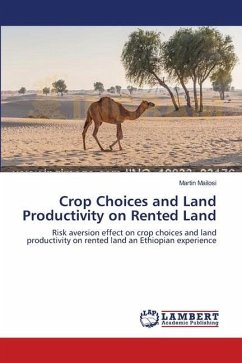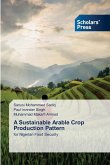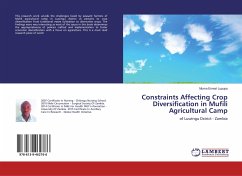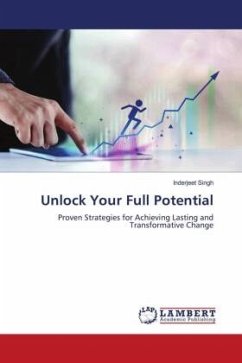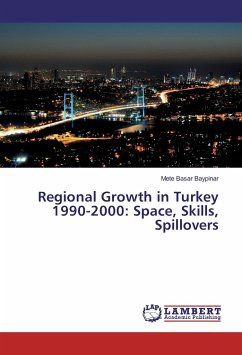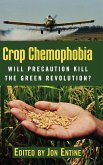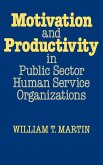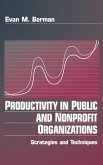The book assesses the effect of risk aversion and crop choices on land productivity on rented land. The analysis uses panel household and farm-plot level data collected in Tigray, the northern part of Ethiopia (2006-2010) where drought is the most important risk affecting agricultural activities. We examined whether tenants¿ and landlords¿ risk aversion behaviors are revealed in their crop choices and whether these choices had effect on land productivity on rented land. The results show that both tenants and landlords are risk-averse in our study area and tenants are dominating the decision on choice of crop to be grown on rented land. Using an ordered logit model on whether tenants choose more profitable and more risky crops on rented land, we found both tenants and landlords do not face trade-off between risk and profit by choosing profitable and less risky crop combination. Regression results for the effect of crop choices on land productivity found both more profitable and less risky crops positively affecting land productivity on rented land. Our finding is relevant for policy targeting rural households¿ poverty reduction and rural development.
Hinweis: Dieser Artikel kann nur an eine deutsche Lieferadresse ausgeliefert werden.
Hinweis: Dieser Artikel kann nur an eine deutsche Lieferadresse ausgeliefert werden.

